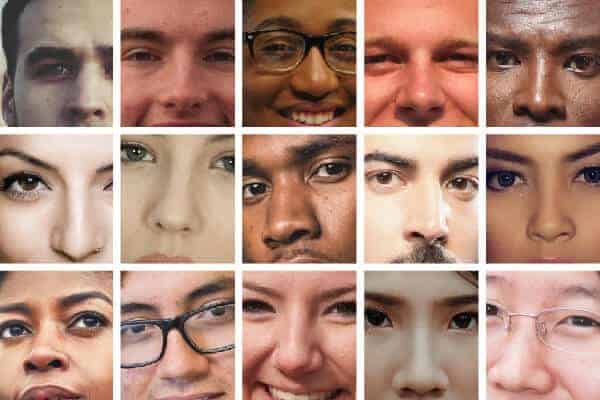How can you tell if someone likes you? New research led by University of Dayton associate professor of psychology R. Matthew Montoya helps answer that question by identifying a list of nonverbal behaviors to watch for — identified by the most comprehensive analysis ever.
“There is a specific suite of behaviors associated with liking, and this same set of behaviors can be found in cultures from around the world,” Montoya said.
Making eye contact, smiling, initiating conversation, laughing and maintaining physical proximity were related to liking across cultures. Mimicking behaviors and head nodding were related in Western cultures.
Other behaviors showed no evidence of being related to liking, including when someone flips their hair, lifts their eyebrows, uses gestures, tilts their head, primps their clothes, maintains open body posture or leans in.
Montoya and his co-researchers developed the list — the most definitive ever produced — by analyzing 54 empirical papers that examined the relation between how much someone likes another person, and how he or she acted toward that person. They also reviewed descriptions of hundreds of cultures to determine which behaviors were mentioned as indicators of liking.
The results are published in Psychological Bulletin, a peer-reviewed journal from the American Psychological Association.
Montoya said the findings go beyond the world of dating.
“Whether we engage in these behaviors has little or nothing to do with romantic desires,” he said. “These behaviors apply when doctors interact with their patients, parents interact with their kids, or when salespeople talk to their customers.”
He explained that behaviors associated with attraction are those associated with developing trust and rapport between people.
“When we like someone, we act in ways to get them to trust us,” he said. “From this perspective, we engage in these behaviors to increase the degree of overlap, interdependence, and commitment to an agreement.”
Montoya’s co-researchers were Christine Kershaw, a doctoral candidate at the University of Alberta, and Julie L. Prosser, a doctoral candidate at Colorado State University. More information on their work is available online.


